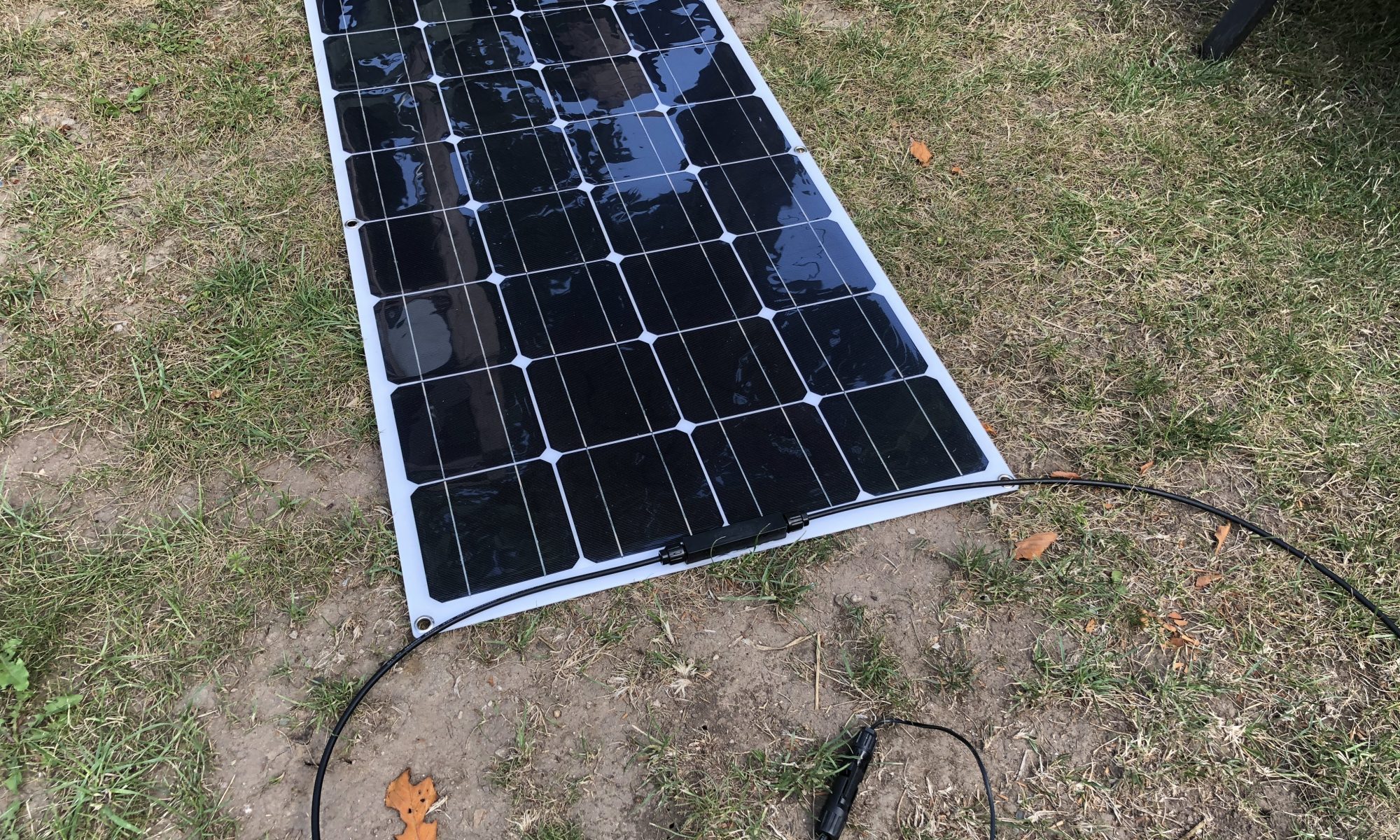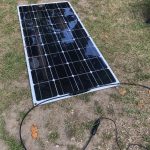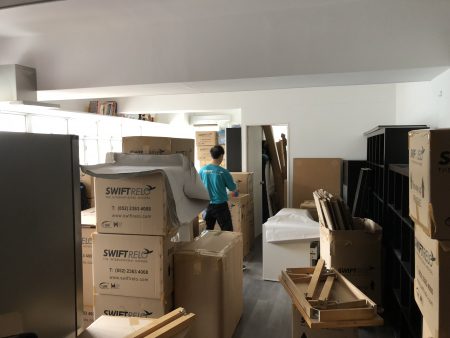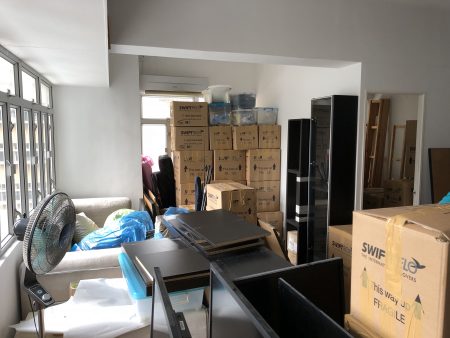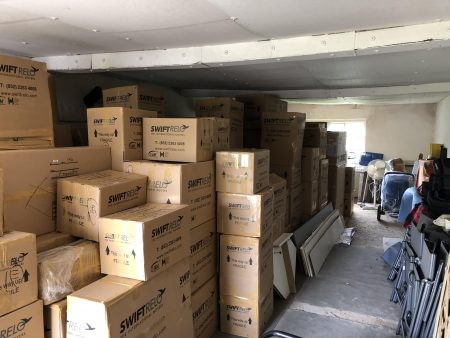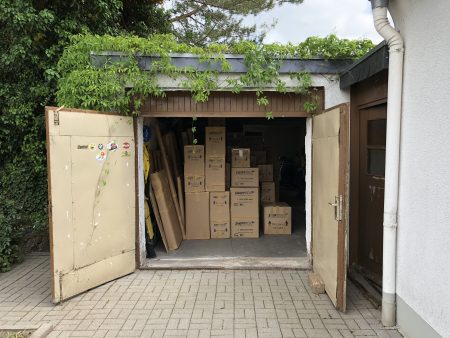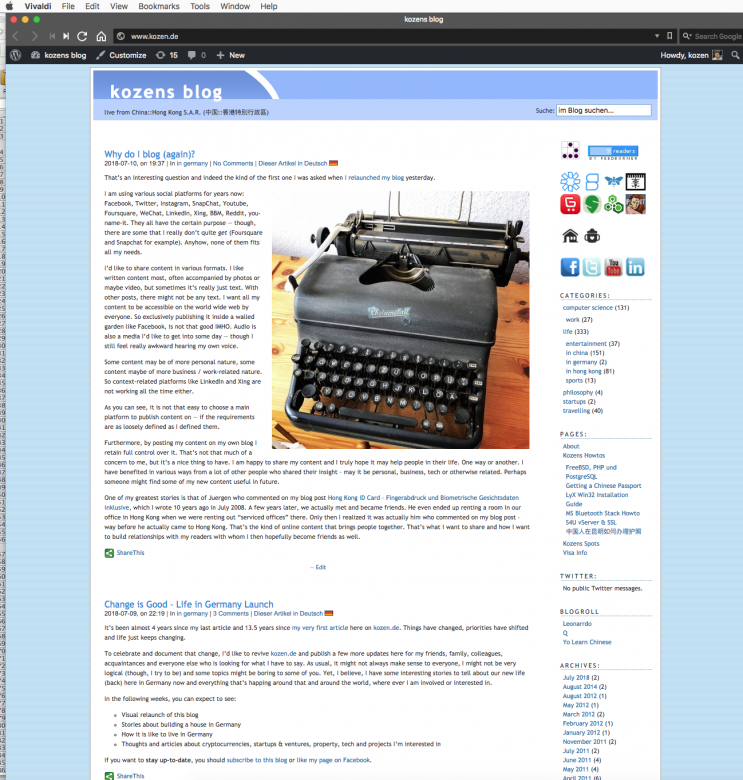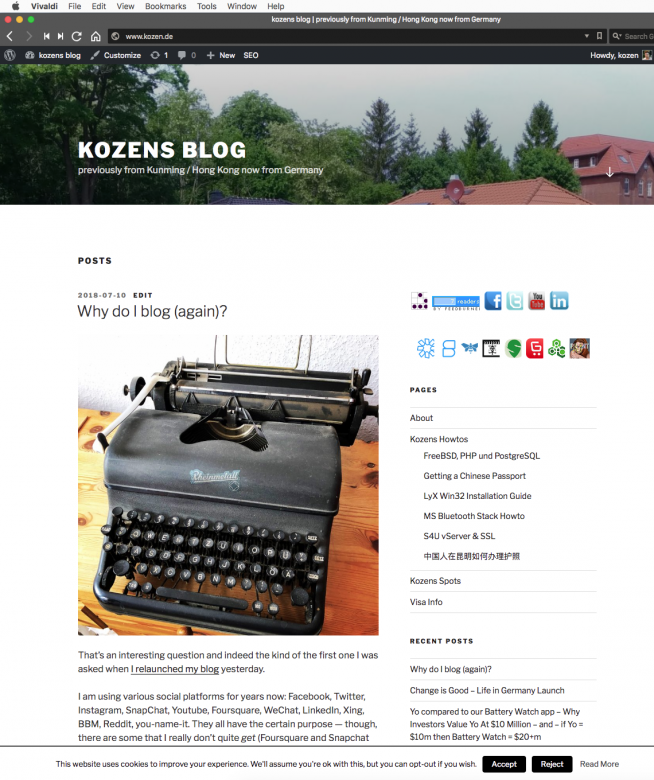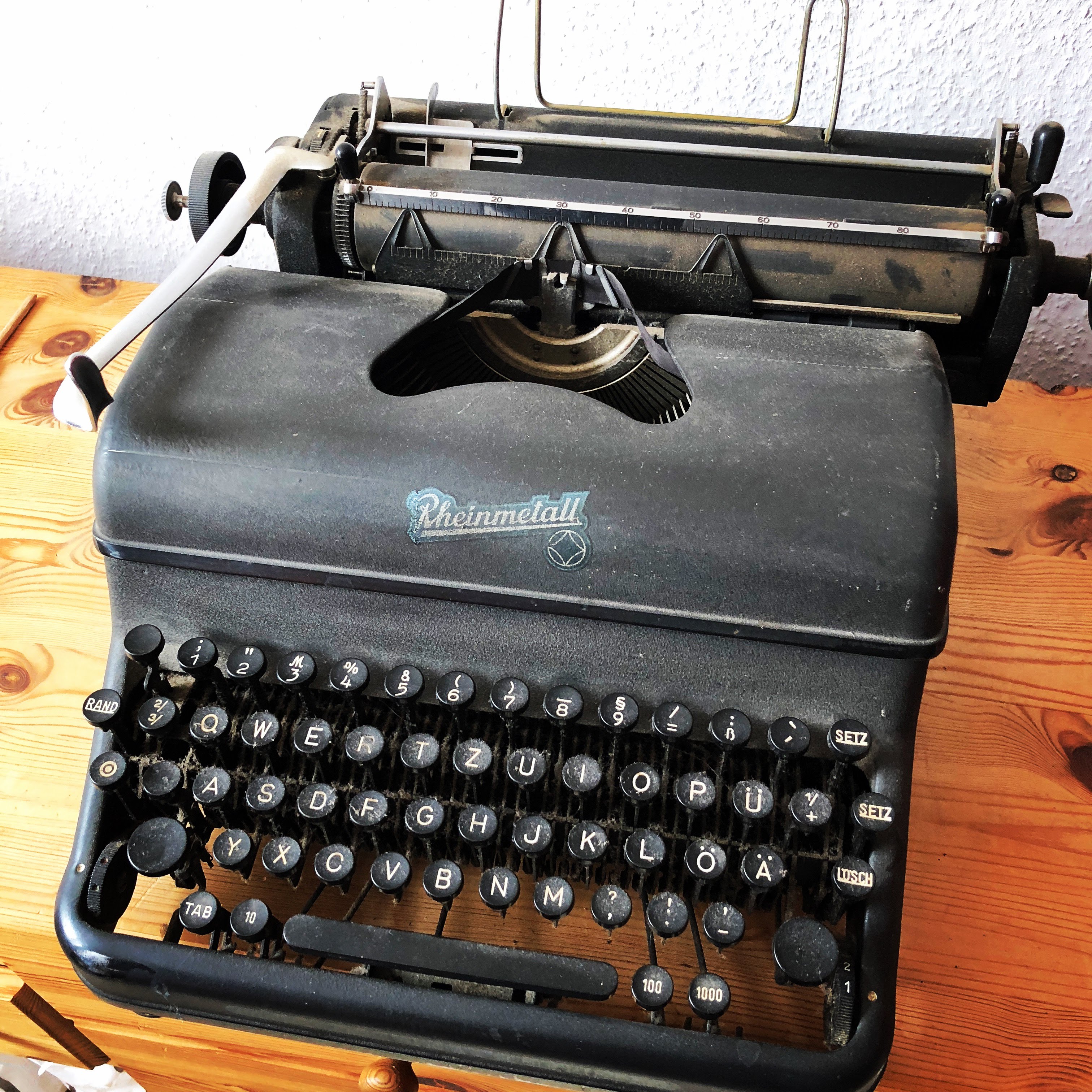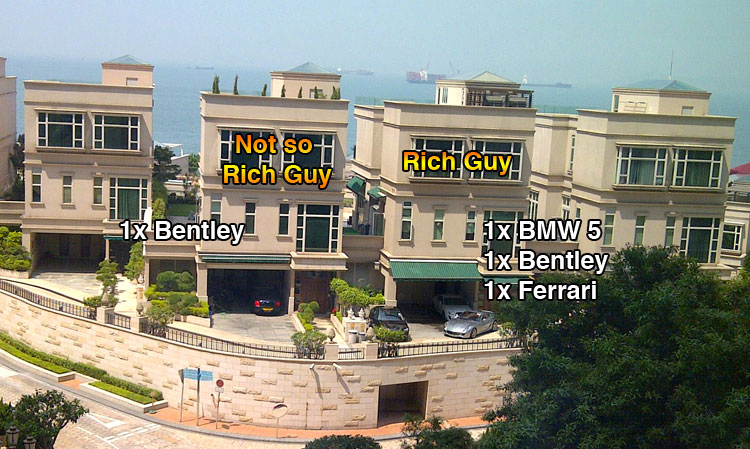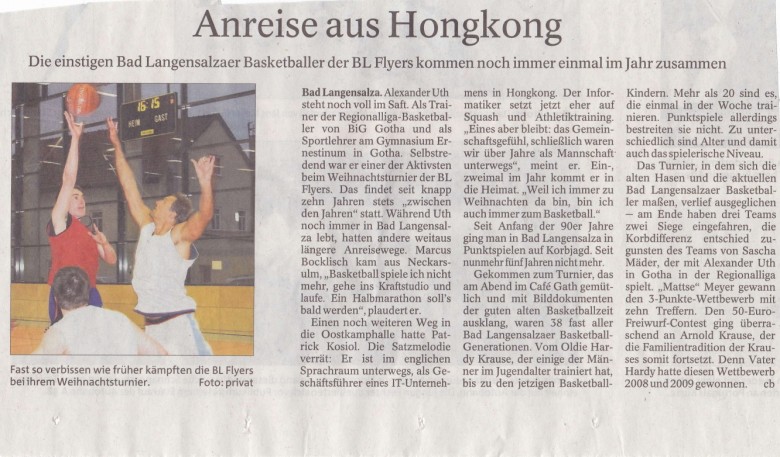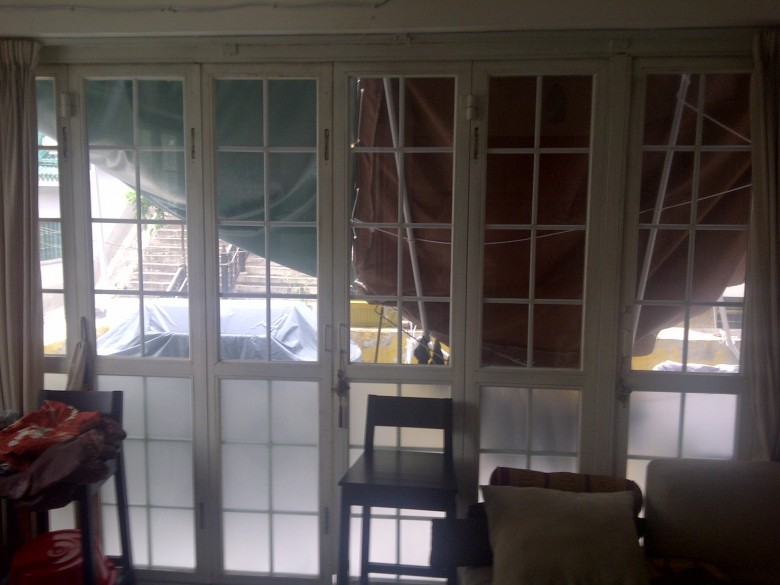Before I left Hong Kong, I bought a “solar panel kit” from China and shipped it over along with my household. It consists of the following:
- 100W Solar Panel (monocrystalline cells)
- Controller unit
- Power inverter unit (convert DC to AC)
- Some cabeling
Back in Hong Kong, I already unwrapped the set to test it. You can’t be too trusty with the mainland Chinese vendors. I quickly realized that I needed a battery to get the entire thing working properly. So I decided to push that testing back to when I’m in Germany. I was quite sure my dad still had some car battery hidden in his garage somewhere. Guess what? Of course, he still had a battery!
After finally having found some time to do my experiment, I unpacked everything and set it up in their garden. I connected the solar panel to the controller. Connected the controller to the battery and connected the power inverter to the battery as well. Then I connected a consumer (a FM radio) to the power inverter to test it and switched everything “on”. Guess again: What happened? Yep! Nothing happened. Here is how that set up looked like:
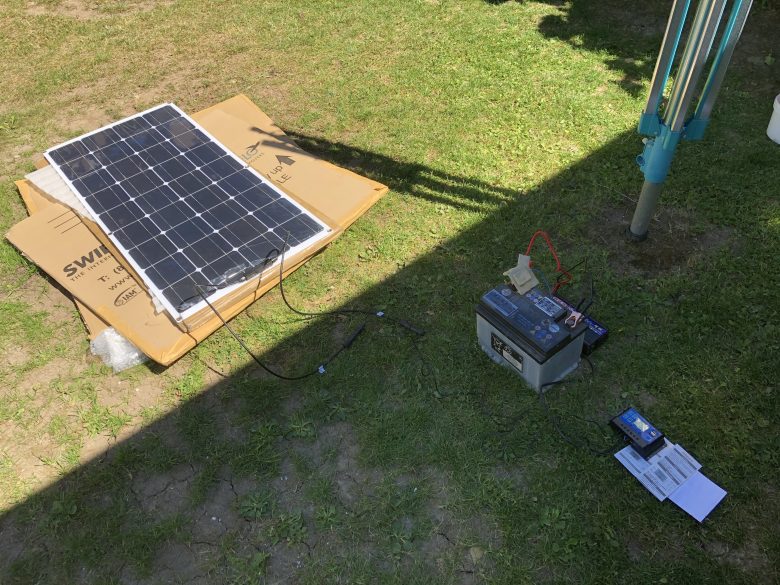
Here is a quick video about that:
Technically, it should work like this:
- The solar panel converts the sun’s energy into 14.4V DC electricity.
- The controller takes that electricity and passes it on to the 12V car battery to charge that battery.
- The controller ensures, the correct charge is passed. So you have to configure which type of battery you have. This depends mainly on the number of cells your battery has (e.g. 3 cells, 4 cells, 6 cells, etc).
- The converter simply consumes the 12V DC electricity from the battery and converts it into 240V AC electricity.
- Any standard consumer electric appliance can then be powered by the converter’s output (e.g. a radio).
As my radio didn’t turn on, there was apparently something wrong with my setup. So I tried several other options. The controller (the most right device in the photo above) also has two more additional outputs besides the one for the battery:
- A direct consumer output (voltage can be adjusted), and
- Two USB ports
I tried to connect the power inverter to the direct consumer output of the controller to see if my radio turns on then. Nothing happened again. Yet, the controller has a display that appears to be operating correctly. So I quickly got a USB cable and tried to charge one of my old phones through one of the USB ports. That worked flawlessly and with about ~2A output current, the phone charged up quite quickly. Have a look at the charging working properly:
Conclusion Test 1
It appeared that the solar panel worked well. The controller seems to have worked too. Also, when the battery is connected, the controller’s display output indicated that it is charging correctly. Hence, I assumed there was a problem with the inverter unit. I double-checked whether I connected the unit properly. It appeared to be getting enough electricity. That’s because the fan turns on automatically when I switch the inverter on. So it seems to be receiving enough electricity from the battery or in the other test directly from the controller. My conclusion was to try another inverter. So ordered one on Amazon.
Test 2 – New Inverter
The new inverter I ordered off Amazon cost just €20, but is also just a 300W inverter as opposed to the original inverter I got with the whole set that can do 1000W. Anyhow, I only have a 100W solar panel so far. The whole setup with the new inverter looked like this:
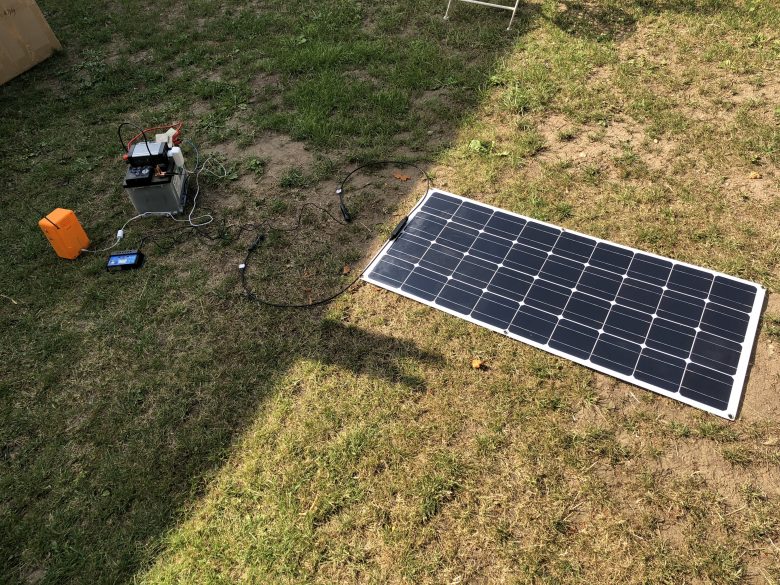
Believe it or not, the setup worked out-of-the-box now. I managed to get some sound out of the radio and finally listen to the weather forecast. The lawn obviously needed some rain soon! Here is a quick video of the setup with the radio playing:
Solar Panel Photo Gallery
Upcoming Solar Panel Tests
I’m now curious on how this works with multiple solar panels and larger electricity storage. Especially, how I need to wire it to get it working properly and how much electricity it can actually collect, convert and store. Of course, there are all these theoretical calculations you can easily run based on how much a solar panel can process, what the average sunshine time is in your area, how you convert and store the electricity and so on. But all these are theoretical values and I was never a fan of plain and dry theories. I got to try it myself. See it in action and experience its practicality.
So my next solar goal is now to:
- Get 2 more 100W flexible monocrystalline solar panels
- Replace old battery with 2 new car batteries that store at least 80Ah each
- Install all 3 panels and 2 batteries in a more semi-permanent setting
- Let this run / charge / consume for a few days / weeks
The Purpose
My end goal is to cover certain roofs of our new house / property with solar panels. As we are planning to have a carport and a permanent awning for the terrace, my plan is to cover both with solar panels. Here in Germany we of course have service providers / construction companies where you can order your terrace awning or carport with a solar panel roof including the construction of such. Think: all-inclusive-service. That would be the laziest option, but also the easiest one of simply getting it done. As you can imagine, these installations are then quite expensive. I was looking at a 10m x 4m terrace awning that’s completely covered by solar panels and the price was something in the range of €35k ($41k). That is quite A LOT I find and not even close to my budget. Though, including labor I guess it may be a fair price. Yet, we still wouldn’t have a carport yet.
So, I’m experimenting with these solar panels to figure out if the solar panel part is something I could perhaps do myself. It may or may not be practical for various reasons.
- Perhaps there’s too much work involved?
- Perhaps the pure material costs are too high to justify their use?
- Perhaps the efficiency of the solar panels aren’t as good on average as sellers claim them to be?
- Perhaps my plan gets killed by special EU customs duty on Chinese solar panels?
- Perhaps storing electricity is not efficient enough?
- Perhaps the batteries for storing them aren’t as reliable as they should be?
There are so many questions and there are probably a lot more I haven’t even thought about yet. I won’t be able to answer at least some questions to my satisfaction, if I don’t get started. I simple need to get at least some steps closer to entirely understand the practicalities behind using solar panels. That’s what I’ll do in the next months. Let’s see how that goes.
Stay tuned for more stories on solar panel experiments and our house construction process, progress or non-progress.
Products mentioned:
- Solar Panel Kit – €145 ($170) on Aliexpress
- Power Inverter 300W – €20 ($23) on Amazon
- Battery Watch – free-of-charge on Google Play

